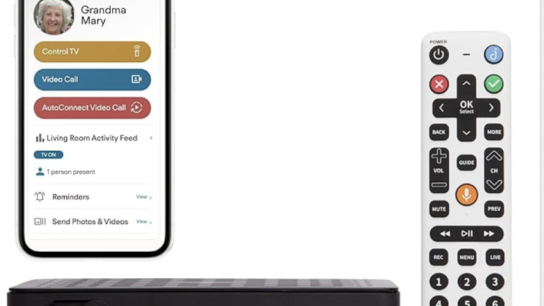Your motivation for caring for your elderly parent is simple: you do it because you want to. And doing the right thing is its own reward. And, okay, maybe there’s some guilt…
But the fact is you may be spending a tremendous amount of time aiding mom and/or dad. It may be costing you money out of pocket, or cutting into your work time and income. With all that in mind, there’s nothing wrong with asking whether you might actually get paid for taking care of your parent.
And the answer is a resounding… maybe. Determining factors include where your parent lives, their income and assets, whether they’re a veteran, and more. Here’s a rundown on the possibilities:
Medicaid, not to be confused with Medicare, will pay for assistance outside of nursing homes. And family members could be paid for providing that care. Medicaid’s programs include:
Home and Community Based Services (HCBS) Waivers allow states to pay for personal care and chores done for elderly people living at home. Your parent can choose you to be that caregiver, with Medicaid paying the hourly rate specific to your state. The enrollment for these programs is capped, so you may have to go on a waiting list.
Many states offer Personal Care Services under their Medicaid plan. Again, family members can be chosen as the provider, but there are no caps and no waiting lists. Your parent is assessed during an enrollment process, determining the number of hours of care required. You’d be paid the Medicaid approved rate for your state.
The Medicaid Caregiver Exemption won’t pay you directly, but may save you money eventually. If your parent owns a house, then goes into a Medicaid paid-for nursing home, the state may try to take the house (or some of its value) as repayment after the parent dies. But if you live in the house with your parent, and provide care that’s determined to keep them from going into a nursing home, the state won’t go after that reimbursement.
In some states, adult children can become the Adult Foster Care providers for their parents and receive Medicaid compensation. The elderly parent moves into your home, with you providing with Activities of Daily Living, meals, transportation, and other support.
Unfortunately not all states offer all of these programs, but every state offers at least one.
If your parent is a veteran who’s enrolled in the VA health care system, and needs nursing home level care, they can hire anyone, including family members, to provide personal care services. The program is run at the local level through participating VA Medical Centers.
And if your parent is receiving a Veteran’s Pension (which are paid to wartime vets and their spouse), you may be able to help them get more. Their pension goes down based on how much non-pension income they have. If you provide personal care and invoice your parent for your services, mom or dad can deduct those charges from their outside income, bumping up their pension.
Most long term care policies only pay for care from a licensed provider. Depending on your state’s requirements, it might be worth it to get licensed and registered.
A few states have Paid Family Leave programs that allow you to take time off to care for an elderly parent, yet still have job protection and receive a large percentage of your salary. (Not to be confused with the Federal Medical Leave Act which offers job protection but no compensation). Periods range from four to 12 weeks, so it’s not a permanent solution. But your days off can be non-consecutive, so if minimal care is needed (for instance one day a week to shop, cook, and clean for mom) you could really stretch out the timeframe.
If your parent is financially dependent on you, you may be able to deduct their medical and caregiving expenses from your taxes. Same with caregiving costs you incur so you can keep working — for example, paying for dad’s adult day care while you’re at the office. Neither pays you directly, but both could allow you to keep more of your money (consult an expert on all matters pertaining to state and federal taxes).
If you’re intrigued by any of the above, check out this deeper dive from payingforseniorcare.com, and/or this one from AARP.



